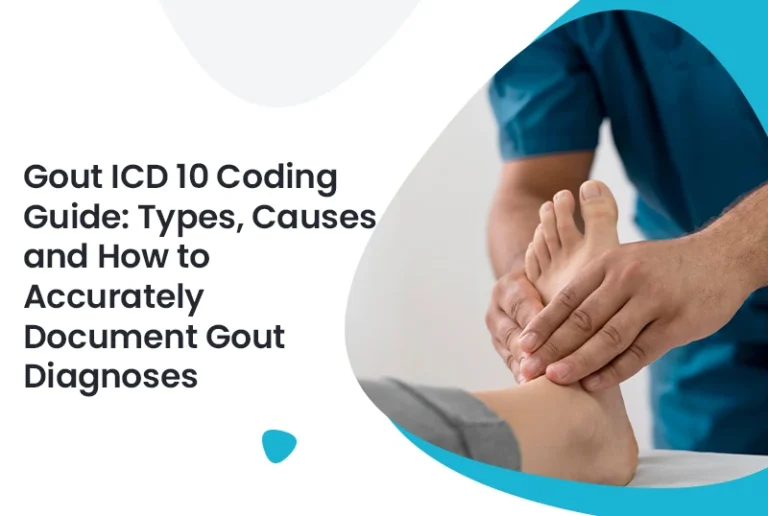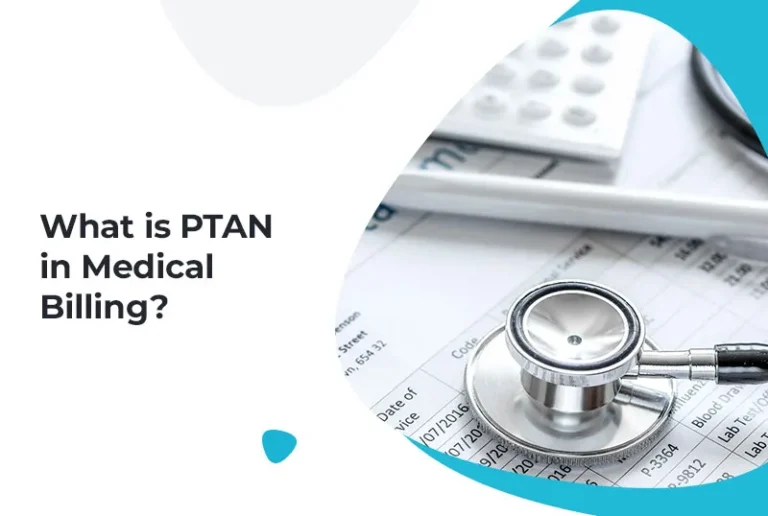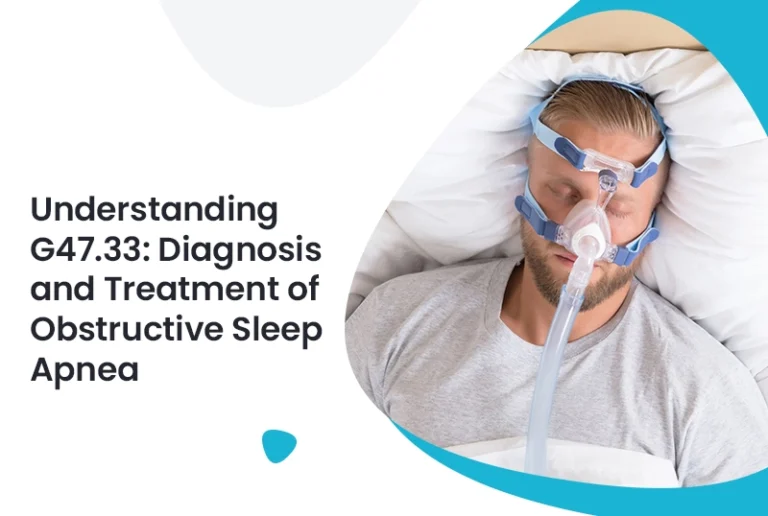Fatigue is a common yet complex symptom that can affect many patients, especially mothers experiencing maternal exhaustion. The ICD-10 code R53.83 refers to “Other Fatigue” and is often used to diagnose exhaustion, which can significantly impact a patient’s quality of life. For healthcare providers, accurate documentation and coding of this condition are critical to ensuring proper reimbursement. Partnering with reliable medical billing services for small practices can streamline the billing process and improve accuracy in handling such cases.
What is R53.83? Understanding Fatigue in Medical Billing
- Definition:
R53.83 is the ICD-10 code used to classify “other fatigue” not specified elsewhere. It is often applied when fatigue is a primary complaint but does not have a more specific underlying condition. - Symptoms of Fatigue:
Fatigue can manifest as extreme tiredness, lack of energy, and difficulty performing normal daily activities. In the case of maternal exhaustion, it can also involve physical and emotional burnout, typically following pregnancy or childbirth. - Maternal Exhaustion:
Maternal exhaustion, although not a formal diagnosis in some cases, refers to the physical and emotional toll of pregnancy and the postpartum period. It can be exacerbated by lack of sleep, physical recovery from childbirth, and the stresses of caring for a newborn.
The Importance of Credentialing Services
When diagnosing R53.83 for maternal exhaustion, ensuring that healthcare providers are properly credentialed is vital. Medical credentialing services play a crucial role in verifying that your practice’s medical professionals meet the necessary qualifications and standards to diagnose and treat patients accurately.
- What Are Medical Credentialing Services?
- These services ensure that healthcare providers have the proper qualifications, certifications, and training to treat specific conditions, including maternal exhaustion.
- These services ensure that healthcare providers have the proper qualifications, certifications, and training to treat specific conditions, including maternal exhaustion.
- Why It Matters for Billing:
- Credentialing establishes trust with insurers and patients, ensuring your practice remains compliant and that claims for maternal exhaustion are processed without issues.
- Credentialing establishes trust with insurers and patients, ensuring your practice remains compliant and that claims for maternal exhaustion are processed without issues.
- Benefits of Credentialing for Billing:
- Faster claims processing.
- Fewer claim denials due to provider uncredentialed status.
- Better patient confidence in the care provided.
- Faster claims processing.
Best Billing Practices for R53.83
Accurate medical billing and coding for conditions like R53.83 (fatigue) is essential for smooth claim processing and reimbursement. Here are some key practices to ensure you handle maternal exhaustion coding correctly:
Key Practices:
- Detailed Documentation:
- Ensure that patient records clearly explain the cause of fatigue, including any relevant factors like pregnancy, childbirth, and sleep deprivation.
- Ensure that patient records clearly explain the cause of fatigue, including any relevant factors like pregnancy, childbirth, and sleep deprivation.
- Use Appropriate Codes:
- R53.83 should be used when no other specific code applies. If other conditions contribute to fatigue (e.g., depression or chronic illness), consider using additional codes.
- R53.83 should be used when no other specific code applies. If other conditions contribute to fatigue (e.g., depression or chronic illness), consider using additional codes.
- Provide Clear Treatment Plans:
- Include information about the treatment provided for fatigue, such as counseling, rest, or medication.
- Include information about the treatment provided for fatigue, such as counseling, rest, or medication.
- Monitor Insurance Requirements:
- Insurers may have specific guidelines for billing fatigue-related claims, so it’s essential to stay updated on the latest payer policies.
- Insurers may have specific guidelines for billing fatigue-related claims, so it’s essential to stay updated on the latest payer policies.
Documentation Tips:
- Include detailed notes on the duration and severity of fatigue.
- Record any underlying conditions contributing to maternal exhaustion.
- Use modifiers if additional factors affect the fatigue diagnosis.
Conclusion
Diagnosing and coding R53.83 for maternal exhaustion requires precision and thorough documentation. By partnering with reliable services, healthcare providers can ensure that these claims are processed correctly and efficiently. Meanwhile, medical credentialing services ensure that healthcare professionals are qualified to treat such conditions, enhancing both the quality of care and the reimbursement process. Proper practices ensure that your practice maintains compliance, avoids denials, and achieves timely reimbursements, all while providing excellent care for patients experiencing maternal exhaustion.
FAQs
1. What is the ICD-10 code for maternal exhaustion?
There isn’t a specific code for maternal exhaustion, but R53.83 (Other Fatigue) is often used to document fatigue related to pregnancy and childbirth.
2. How do credentialing services help with billing?
Credentialing services ensure healthcare providers are properly qualified, which helps avoid claim denials and speeds up the billing process.
3. How do I code R53.83 for maternal exhaustion?
Document the severity and duration of fatigue, and use R53.83 when no other underlying condition is specified. Additional codes may be necessary if other conditions contribute to fatigue.
4. What impact does proper coding for R53.83 have on reimbursement?
Correct coding leads to faster reimbursements, fewer denials, and ensures your practice complies with payer requirements, improving overall financial health.
5. Can I use other codes alongside R53.83 for maternal exhaustion?
Yes, if there are underlying conditions like postpartum depression, those can be coded in conjunction with R53.83.







